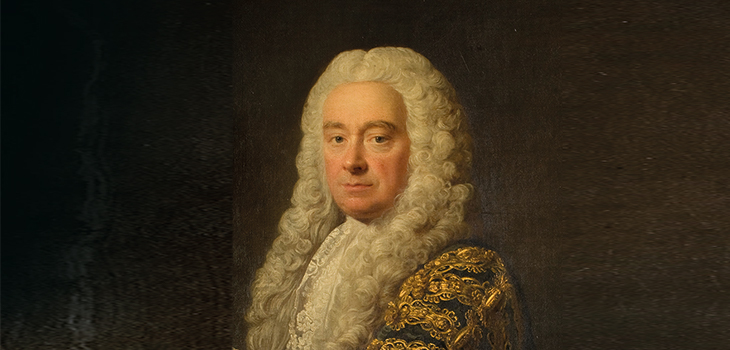
‘That which we call a rose
By any other name would smell as sweet’
Barristers have always practised alone. Once upon a time, the only collective identity required was that provided by the name of the head of chambers or their address. A grand head of chambers might produce some reflected glory for those toiling away below, but generally addresses provided more continuity and allowed even the slowest-witted solicitor to avoid becoming muddled about where to send their briefs.
Addresses have always seemed like a safe, if somewhat unimaginative, bet. They tend to include words like ‘new’ or ‘old’, reference uncontroversial building materials such as stone or brick, pick up institutional references like the King’s Bench or the Crown Office, or deploy architectural features such as fountains, pumps or gardens. Outside of the Inns, barristers might have to make do with everyday addresses.
Slowly, however, the fact that barristers undertaking similar









